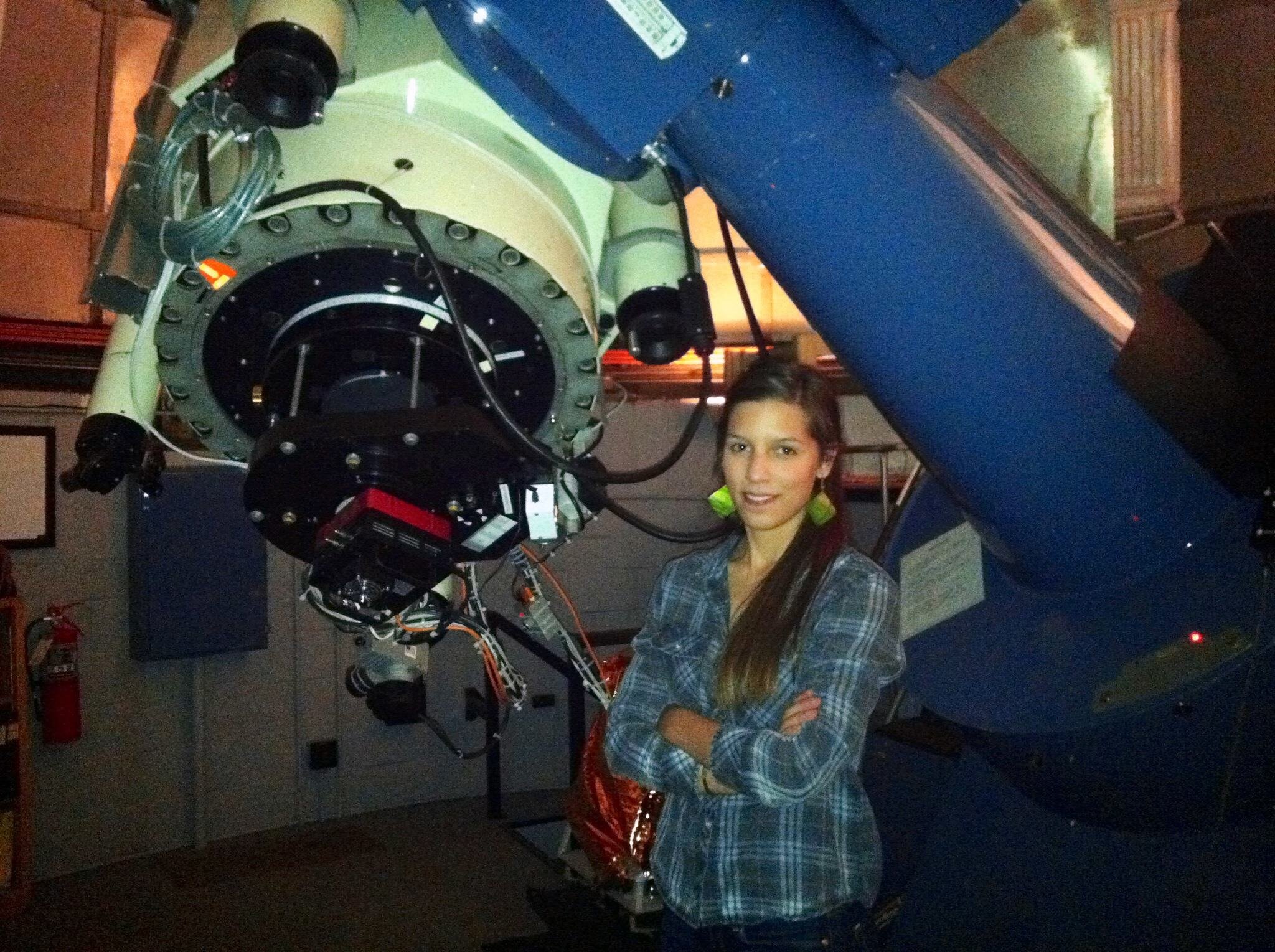About.
The Phillipson High-Energy Astrophysics group investigates the timing variability of accreting black holes and neutron stars using data from instruments onboard satellites such as the Rossi X-ray Timing Explorer, Swift, MAXI, Kepler, and TESS. We are currently exploring methods to classify and discover accreting objects from ground-based observatories, such as the Zwicky Transient Facility (ZTF) and the upcoming Rubin Observatory LSST. Our primary tools of study draw from nonlinear dynamics and chaos theory in combination with machine learning. Other projects include developing radiation-hydrodynamic simulations of the accretion disks around black holes and exploring interdisciplinary applications of novel time series analysis methods.
The Phillipson Astrophysics Group strives to be inclusive and equitable, learning from the many perspectives that come from different backgrounds and beliefs that make up our group. We aim to be respectful to all. We reject all forms of prejudice and discrimination. We are committed to creating an environment that facilitates inquiry and self-expression, the continual pursuit of anti-racism education, and persistent diligence in understanding how others’ viewpoints may be different from our own.

